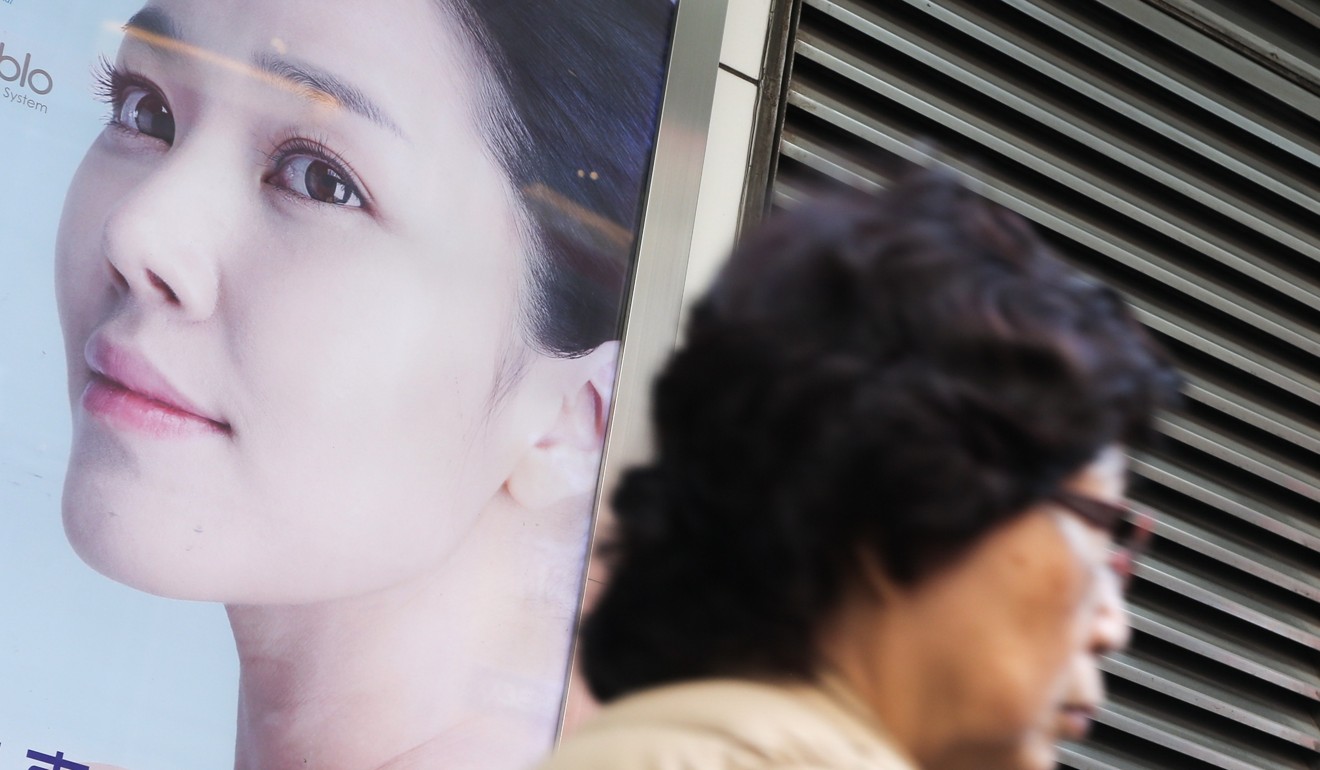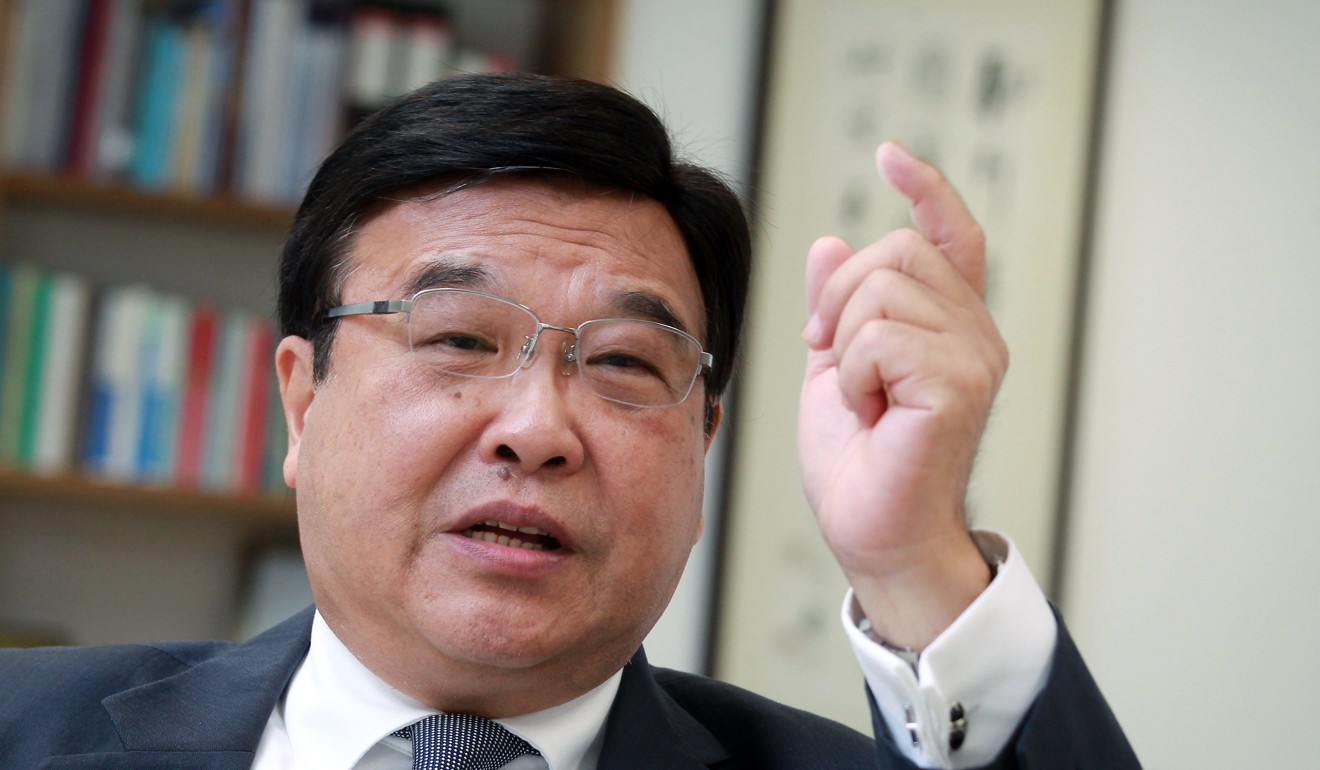
Hong Kong businesses push back against ‘unfair’ proposal allowing customers to call off pricey deals
Buyers would be given seven days to change their mind on long-term contracts, but industry heads claim financial instability would ensue
Industry leaders have pushed back against an “unfair” proposal for a mandatory seven-day “cooling-off period” to allow Hong Kong shoppers signing up for pricey long-term contracts to call off their purchases unconditionally.
Claiming it would penalise the entire industry – not just those using high-pressure sales tactics – as well as bringing financial instability to businesses, bosses vowed to challenge the government’s plan.
The Consumer Council proposed the cooling-off period for five types of contract, including those signed with beauty salons, fitness centres and timeshare firms.

Deals worth more than HK$500 (US$64) would be included. The period would apply to beauty and fitness contracts that run at least six months or involve prepayment, while those for timeshares must be more than a year. In all cases, consumers would need to fill in a form to start the refund process.
But not everyone agreed with the plan. While saying officials should “arrest” those who employ unfair practices against consumers, Nelson Ip Sai-hung, founding chairman of the Federation of Beauty Industry, said on Thursday the move would be “putting shackles” on all members of the industry.
“Now we are all buried together,” he said.
Consumer watchdog needs to be more dragon than paper tiger, say Hong Kong legislators
Ip said the proposal would give consumers power to terminate a contract unconditionally, which he claimed violated the spirit of a contract.
He added he would try to meet officials to express the industry’s concerns.
Joseph Ho Shiu-chung, former president of the Cosmetic and Perfumery Association of Hong Kong, said banks might prolong the credit cycle for beauty salons following the introduction of the cooling-off period.
And this, he argued, could bring about financial instability for businesses.
Beauty centre ‘cheats teacher in Hong Kong with claim that warts on neck would become contagious’
Ho questioned whether consumers might become more careless in signing contracts if they knew they could back out soon afterwards.
British gym chain Fitness First, which operates nine centres in the city, said it supported the tighter rules. But it believed it was “a little unfair” to put responsibility fully on operators.
Sim Tsang, the firm’s local marketing manager, said the plan entitled consumers to “seek unconditional refunds” and he hoped the final proposal would take into account “the interests of the industry”.

Fitness First already offered a seven-day cooling-off period out of goodwill, he added, noting the gesture, helped “lure more customers, who feel more confident when signing up”.
Meanwhile, Consumer Council chairman Wong Yuk-shan described the proposal as “pragmatic”.
Our aim is to submit to Legco a proposed framework within this year
Wong said beauty salons, fitness centres and timeshare firms had been plagued by unfair trade practices and the measure could deter wrongdoing.
Last year, the watchdog received 676 complaints about the three industries.
A spokesman for the Commerce and Economic Development Bureau called the proposal “practical and feasible” and minimally disruptive to businesses.
“Our aim is to submit to Legco a proposed framework within this year and consult the public widely thereafter,” he said.
At Legco, Democratic Party lawmaker Andrew Wan Siu-kin, who has helped victims of timeshare firm disputes in the past, said his party welcomed the proposal.
Yet he described the seven-day period as “shorter than expected”. He argued that longer cooling-off periods should apply for contracts involving larger sums of money and longer time periods.
The cooling-off period would also apply to contracts signed outside business premises and via long-distance communications such as phone and mail.
Beijing beauty salon investigated after woman, 78, spends US$44,000 on treatments
Six types have been proposed as exemptions, including those for financial services and property transactions.
The watchdog also recommended exempting one-off beauty and fitness services set for a specified date, as well as online shopping.
To enforce the measure, the council suggested officials establish a designated authority and that injunction orders be issued to businesses breaking the rules.
Repeat offenders could be charged with contempt of court, it said, which entails “serious consequences” including a fine and possibly jail time.


